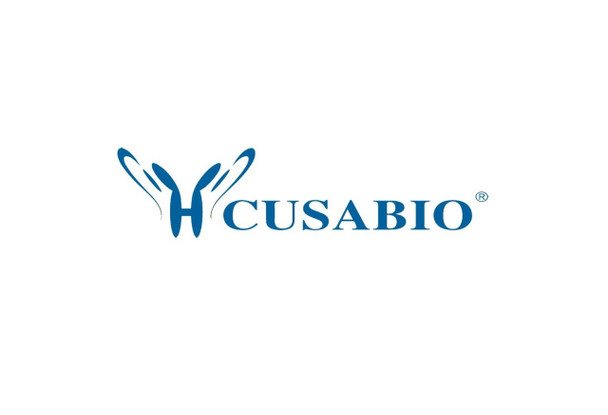Cusabio Polyclonal Antibodies
ACTR3B Antibody | CSB-PA878955ESR1HU
- SKU:
- CSB-PA878955ESR1HU
- Availability:
- 3 to 7 Working Days
Description
ACTR3B Antibody | CSB-PA878955ESR1HU | Cusabio
ACTR3B Antibody is Available at Gentaur Genprice with the fastest delivery.
Online Order Payment is possible or send quotation to info@gentaur.com.
Product Type: Polyclonal Antibody
Target Names: ACTR3B
Aliases: Actin-related protein 3B (ARP3-beta) (Actin-like protein 3B) (Actin-related protein ARP4), ACTR3B, ARP11 ARP4
Background: Plays a role in the organization of the actin cytoskeleton. May function as ATP-binding component of the Arp2/3 complex which is involved in regulation of actin polymerization and together with an activating nucleation-promoting factor (NPF) mediates the formation of branched actin networks. May decrease the metastatic potential of tumors.
Isotype: IgG
Conjugate: Non-conjugated
Clonality: Polyclonal
Uniport ID: Q9P1U1
Host Species: Rabbit
Species Reactivity: Human
Immunogen: Recombinant Human Actin-related protein 3B protein (189-418AA)
Immunogen Species: Human
Applications: ELISA, WB, IHC
Tested Applications: ELISA, WB, IHC; Recommended dilution: WB:1:500-1:2000, IHC:1:20-1:200
Purification Method: Antigen Affinity purified
Dilution Ratio1: ELISA:1:2000-1:10000
Dilution Ratio2: WB:1:500-1:2000
Dilution Ratio3: IHC:1:20-1:200
Dilution Ratio4:
Dilution Ratio5:
Dilution Ratio6:
Buffer: PBS with 0.02% sodium azide, 50% glycerol, pH7.3.
Form: Liquid
Storage: Upon receipt, store at -20°C or -80°C. Avoid repeated freeze.
Initial Research Areas: Signal Transduction
Research Areas: Signal transduction













